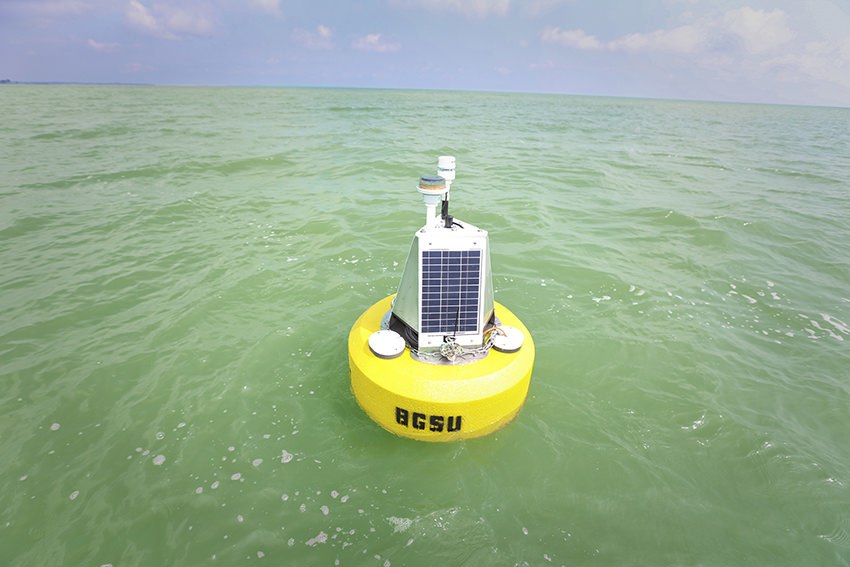|
Bowling Green State University is part of a team receiving funding for a project to improve the rapid detection of cyanotoxins related to algal blooms to provide managers with timely information on risk and minimize exposure to stakeholders. “Monitoring and Event Response for Harmful Algal Blooms: Portable Tin Detection Technology to Support Great Lakes Decision Support Tools” was among the grant project recipients announced Oct. 1 by the National Oceanic Atmospheric Administration (NOAA) of the National Centers for Coastal Ocean Science (NCCOS) Competitive Research Program Harmful Algal Bloom Awards.
LimnoTech Inc., MBio Diagnostics Inc., NOAA NCCOS, The Ohio State University, University of Michigan Cooperative Institute for Great Lakes Research and the University of Toledo are also part of the award team.
|
